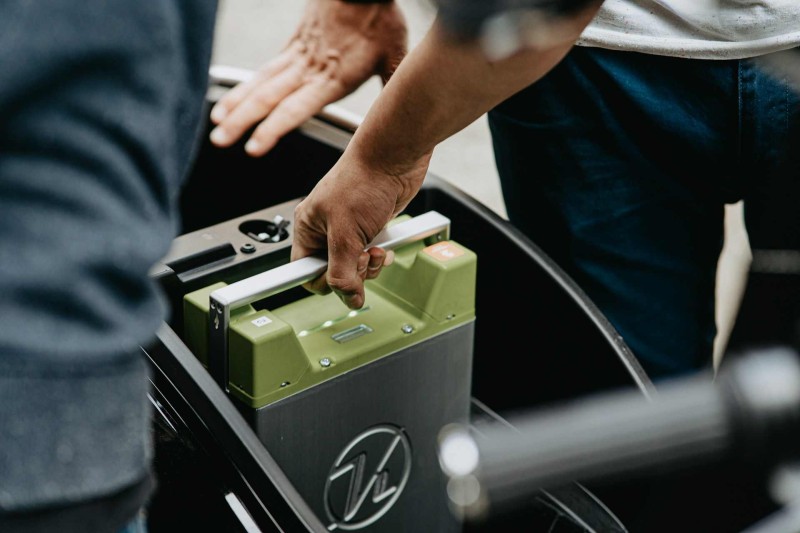The path from the idea of lithium ion battery to its final production is a complex and interesting process. The pathway includes a number of stages, each of which is crucial to the success of the battery, not only in terms of performance but also in the area of safety and reliability. Lithium battery brands and their manufacturers have significant influence on each phase of energy storage, which in turn, creates innovations that shape the future. The following are stages that will be involved in the development of a lithium ion battery from an idea to a market ready product.
Initial Research
The process starts in the research facilities of lithium battery brands where scientists and engineers develop new battery designs. This step is related to the computational modeling and simulating of the materials and designs that might have an impact on the battery performance. It is the most important stage where the framework of the battery functioning and its potential applications are established.
Materials Selection
The choice of materials is the most critical factor in the good performance of lithium ion batteries. Lithium-ion battery manufacturers experiment with different chemical components to come up with the best combination for the cathode, anode, and electrolyte. Next, the materials are selected, and then a prototype is created. This model undergoes testings which are aimed at assuring its safety and performance standards are satisfactory before it moves to the next stage.
Pilot Testing and Iteration
From prototyping, the battery moves into the pilot testing stage. This critical stage involves the production of a small number of lithium batteries that will be subjected to real-world test scenarios. This will let manufacturers collect data on how the batteries perform in different situations and to identify any changes that are needed. The feedback from this phase will be used to make the design more accurate and the materials will be adjusted accordingly.
Scaling Up for Production
After the sample has gone through all the necessary tests and modifications, the process goes to the stage of industrial production. Lithium ion battery manufacturers have production processes in place that can be replicated consistently to produce large volumes of high-quality batteries. This stage involves establishing production lines, the regulation of safety and environmental standards, and the introduction of quality control measures.
Quality Control
With production volumes increasing, it is very important to make sure that quality control and assurance are in place. Each of the batteries is tested to ensure it is performing, durable, and safe to the desired standards. This phase is crucial in order to preserve the confidence of customers and clients and to avoid any problems that may arise once the batteries are delivered to the market.
In short, the manufacturing of a lithium ion battery is a detailed and complex process that involves professionalism, accuracy, and innovation at every stage of the process. It is this unflinching drive that makes the lithium-ion battery industry progress, from consumer electronics to electric vehicles.
